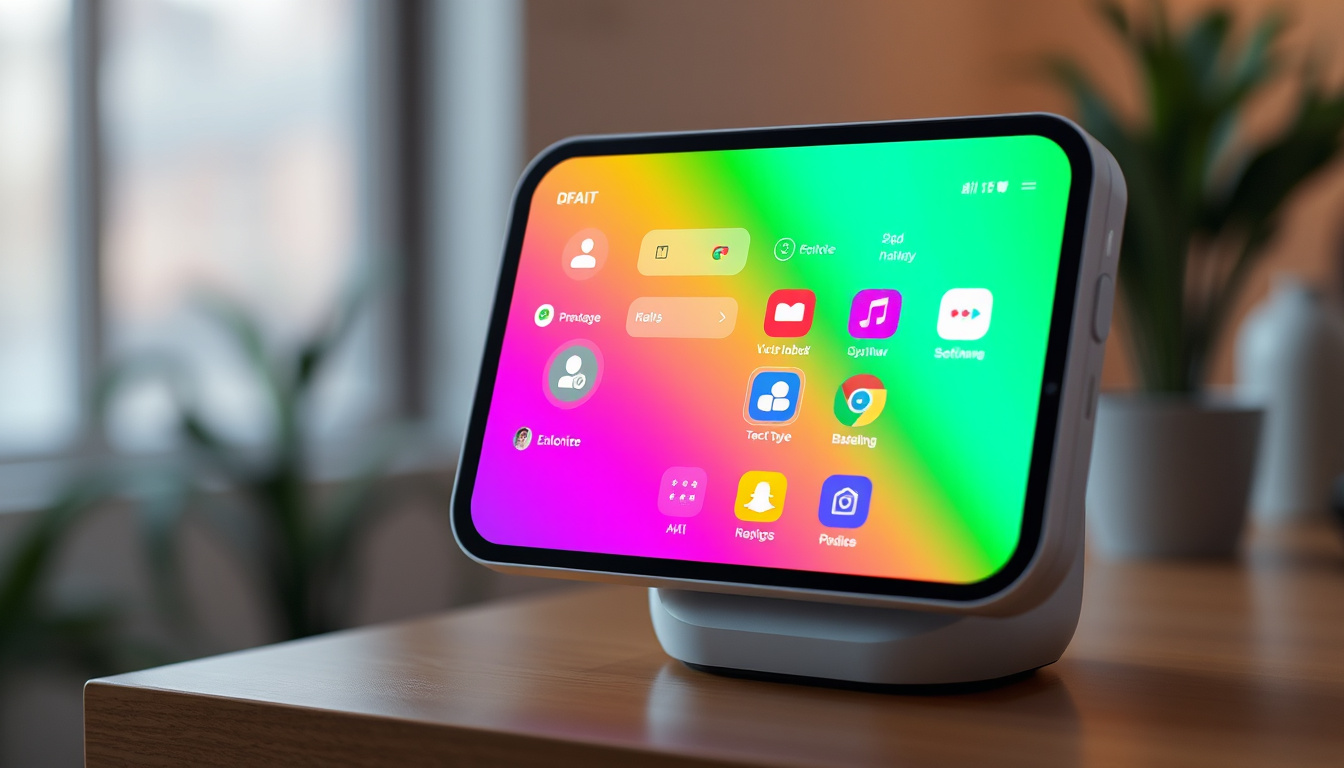In today’s fast-paced world, an intelligent assistant has become an indispensable tool for enhancing productivity and streamlining daily life. Whether managing schedules, answering questions, or automating routine tasks, these AI-powered assistants revolutionize how we interact with technology and organize our lives. Integrating an intelligent assistant into daily routines not only saves time but also boosts efficiency, making complex tasks simpler and allowing individuals to focus on what truly matters.
What Is an Intelligent Assistant?
An intelligent assistant is a software agent that uses artificial intelligence (AI), natural language processing (NLP), and machine learning to perform tasks, answer questions, and facilitate communication through voice or text commands. Smartphones, smart speakers, and computers commonly incorporate these assistants to help users manage everything from setting reminders and controlling smart home devices to researching information and composing messages.
Popular examples include virtual assistants like Google Assistant, Apple’s Siri, Amazon Alexa, and Microsoft Cortana. These tools are designed to learn user preferences over time and predict needs, further personalizing the experience.
The Impact of Intelligent Assistants on Productivity
Enhancing productivity is one of the most significant advantages of using an intelligent assistant. Here’s how:
1. Efficient Time Management
An intelligent assistant can manage calendars, schedule meetings, send reminders, and even rearrange appointments on the fly. This reduces the mental load of tracking tasks and deadlines, allowing users to focus on their work without worrying about missing important commitments.
2. Quick Information Access
Instead of manually searching for information, users can quickly ask an intelligent assistant for answers, from weather updates to complex data retrieval. This feature speeds up decision-making and research processes.
3. Task Automation
Repetitive tasks like sending emails, creating to-do lists, or making calls can be automated by the assistant. Automation frees up time and reduces human error, which is especially valuable in busy professional settings.
4. Enhanced Communication
Voice recognition capabilities facilitate hands-free interaction, ideal for multitasking environments such as driving or cooking. Intelligent assistants can transcribe messages, initiate conference calls, or translate languages instantly, improving interpersonal communication in personal and professional contexts.
Transforming Daily Life Efficiency With Intelligent Assistants
The benefits of intelligent assistants extend beyond the workplace into everyday life, transforming mundane chores and responsibilities into seamless processes.
Managing Household Tasks
Intelligent assistants connected to smart home ecosystems enable control over lighting, thermostats, security cameras, and even kitchen appliances through simple voice commands. This technology empowers homeowners to optimize energy consumption, enhance security, and simplify meal preparation effortlessly.
Personalized Recommendations and Support
By learning individual habits and preferences, intelligent assistants can suggest music playlists, recommend recipes, or help with workout plans. This personalized approach promotes healthier lifestyles and leisure activities tailored to each user’s needs.
Accessibility and Support for Special Needs
Intelligent assistants play a crucial role in improving accessibility for people with disabilities. Features like voice commands and text-to-speech allow users with limited mobility or vision impairments to interact with technology effortlessly, increasing independence and quality of life.
Key Features to Look for in an Intelligent Assistant
When choosing an intelligent assistant, consider the following important features:
- Natural Language Processing: Ensures seamless understanding of voice and text commands.
- Context Awareness: Ability to recognize context and previous interactions to provide relevant responses.
- Cross-Platform Integration: Works smoothly across multiple devices and apps.
- Privacy and Security: Strong data protection measures to safeguard user information.
- Customizability: Ability to personalize commands, tasks, and routines.
Best Practices for Getting the Most Out of Your Intelligent Assistant
To maximize the benefits of your intelligent assistant:
- Define Clear Use Cases: Identify specific tasks you want the assistant to handle.
- Regularly Update Software: Keep the assistant’s system updated for new features and security patches.
- Customize Settings: Tailor notifications, privacy settings, and voice preferences.
- Train the Assistant: Use it regularly to improve recognition and responsiveness.
- Combine with Other Productivity Tools: Integrate with calendars, emails, and smart devices for a unified workflow.
Frequently Asked Questions About Intelligent Assistants
Q1: How does an intelligent assistant improve daily life efficiency?
An intelligent assistant automates routine tasks, manages schedules, and provides hands-free interaction, helping users save time and reduce stress in everyday activities.
Q2: Are intelligent assistants secure for handling sensitive information?
Most intelligent assistants have robust security protocols, including encryption and user authentication. However, users should review privacy policies and configure settings to control data sharing.
Q3: Can an intelligent assistant work offline?
Some basic features may function offline, but advanced capabilities typically require an internet connection to access cloud-based AI processing and updates.
The Future of Intelligent Assistants in Productivity
As AI technology advances, intelligent assistants will become even more sophisticated, personalized, and context-aware. Innovations such as emotional recognition, improved natural language understanding, and enhanced integration with emerging technologies like augmented reality (AR) and Internet of Things (IoT) devices promise to further transform productivity and daily life efficiency. According to a recent Gartner report, by 2025, 75% of enterprises will use AI-based virtual assistants to automate business processes (source).

Conclusion: Embrace the Intelligent Assistant Revolution Today
Incorporating an intelligent assistant into your daily routine is a powerful step towards unlocking newfound productivity and efficiency. By delegating mundane and complex tasks to AI, you free up valuable time, reduce stress, and allow yourself to focus on priorities that matter most. Whether for professional success or personal convenience, the intelligent assistant is an essential tool for navigating the digital age with ease.
Ready to elevate your productivity and streamline your life? Start exploring intelligent assistant options today and experience the transformative power of intelligent automation firsthand!




